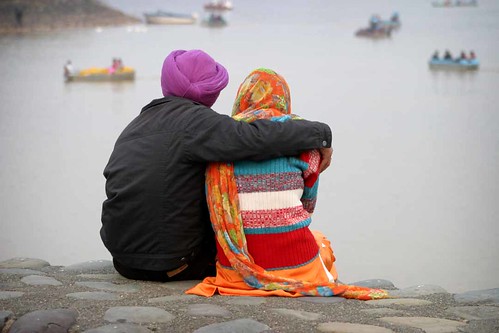“You cannot depend on your eyes when your imagination is out of focus.” Mark Twain

You must always remember: People take great photographs; it’s not the camera. The camera is only a tool in the hands of a photographer. Beverly Schultz, photography instructor, said: “I can still remember how I felt when I bought my first expensive camera, took a set of pictures, had them developed, and found nothing of interest in the batch.”
She continued, “The point when I knew my photography had crossed the line from amateur to professional was when I could shoot a series of images and know that I’d captured the images I was after. I didn’t have to wait to see [them], because I had learned to see the images before I took them, and I knew how to use my equipment well enough to capture the images I saw. ”
You can become a better photographer. The first step in doing so is to develop your eye. Learn to see the image before you take it. That doesn’t necessarily mean that you know exactly what photos you will shoot and the contents of each one beforehand. It means that you recognize that the subject you see is exactly what you’re after, then you put into play everything you know about taking a good photograph and you capture that decisive moment. By being able to define your subject before you shoot, you can design other elements of the image to emphasize and support that subject. [This will be the subject of future postings.]
So, don't think you can't take better photos because you don't have a better camera. At the same time, don't let the ease of a fully automatic point-and-shoot camera lull you into the idea that all you have to do is "point and shoot"! Mitchell Beazley of Kodak said: “The speed and ease of pressing the shutter release on a modern camera can be a stumbling block to imaginative photography unless you can recognize that most of the work involved in creating a picture should be done beforehand.”
Please post any thoughts, comments or questions you may have!

3 comments:
I agree with that the photographer's eye makes a big difference, but so does the camera/lens and the post processing.
Yeah, but....
Start with a boring composition and you'll end up with a boring composition..... no matter what.
I agree with what you have shared :) people always asks about the camera, and processing software. But when you dont know how to use those, its just worthless tool :)
Post a Comment